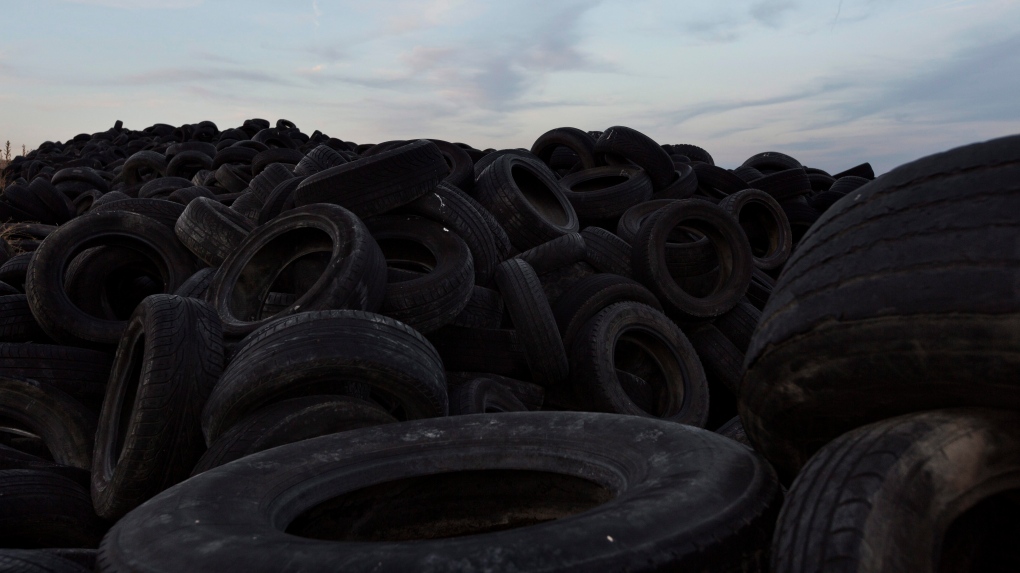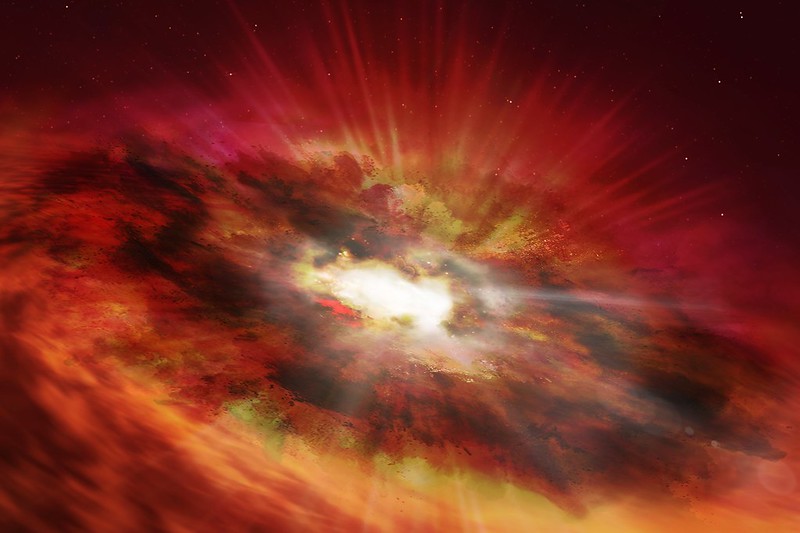Hawking radiation is what causes black holes to evaporate over time. According to new research, this radiation (or something similar) is characteristic not only of black holes, but of all larger objects in the universe – so everything will evaporate over time.
One Based on new researchConducted by astrophysicists at Radboud University in the Netherlands, black holes are not the only objects emitting Hawking radiation. According to a study by Michael Wendrak, Walter van Swijelkom, and Heino Falk, sharp curvature of space-time can also create a similar form of radiation. This means that when black holes are created by Hawking radiation, the universe itself can slowly evaporate.
Hawking radiation, proposed by Stephen Hawking, is a theoretical concept in which black holes gradually lose mass over time due to the emission of a specific type of radiation. This is caused by the interaction between the black hole’s event horizon and the quantum fields around it. Although Hawking radiation has not been directly observed, theoretical predictions and experiments support its existence.
Black holes are known for their enormous gravitational pull, which results from their high density rather than their exceptional mass—that is, the massive mass being compressed into a relatively small area. And the event horizon – this, the region around a black hole, is where gravity becomes so strong that the measured speed of light in a vacuum (and thus the top speed of the universe) is not enough to reach escape velocity.
Hawking showed mathematically that the event horizon disrupts the fluctuations of quantum fields, which leads to the formation of new particles due to an imbalance of probabilities. The energy of these particles binds directly to the black hole and drains its energy, causing smaller black holes to quickly disappear and larger black holes to emit faint light and lose mass over a longer period of time.
The Schwinger effect, a similar phenomenon in electric fields, can generate particles under certain conditions without the need for an event horizon. During the current study, the researchers wondered if a similar process exists in curved space-time, and found that curvature caused by massive or dense objects can affect quantum field fluctuations, which in turn lead to the formation of similar particles. to Hawking radiation
This means that not only black holes, but also other massive objects such as neutron stars, white dwarfs, and galaxy clusters can emit radiation and gradually lose mass over time. So, in the end, all of this could mean that everything in the universe, including this stuff, could eventually evaporate. As one of the study’s authors, Heino Falcke, said:
“This means that objects without event horizons, such as the remnants of dead stars and other large objects in the universe, also have this radiation. And after a very long time, everything in the universe can evaporate, just like black holes. This is not only with Hawking radiation. It changes our view of the universe, but also our picture of the universe and its future.”
(Image: Illustration of the GNZ7Q supermassive black hole, Source: Flickr/NASA Hubble)
























![Does the Nintendo Switch 2 not even reach Steam Deck's performance? [VIDEO]](https://thegeek.hu/wp-content/uploads/sites/2/2023/06/thegeek-nintendo-switch-2-unofficial.jpg)


















